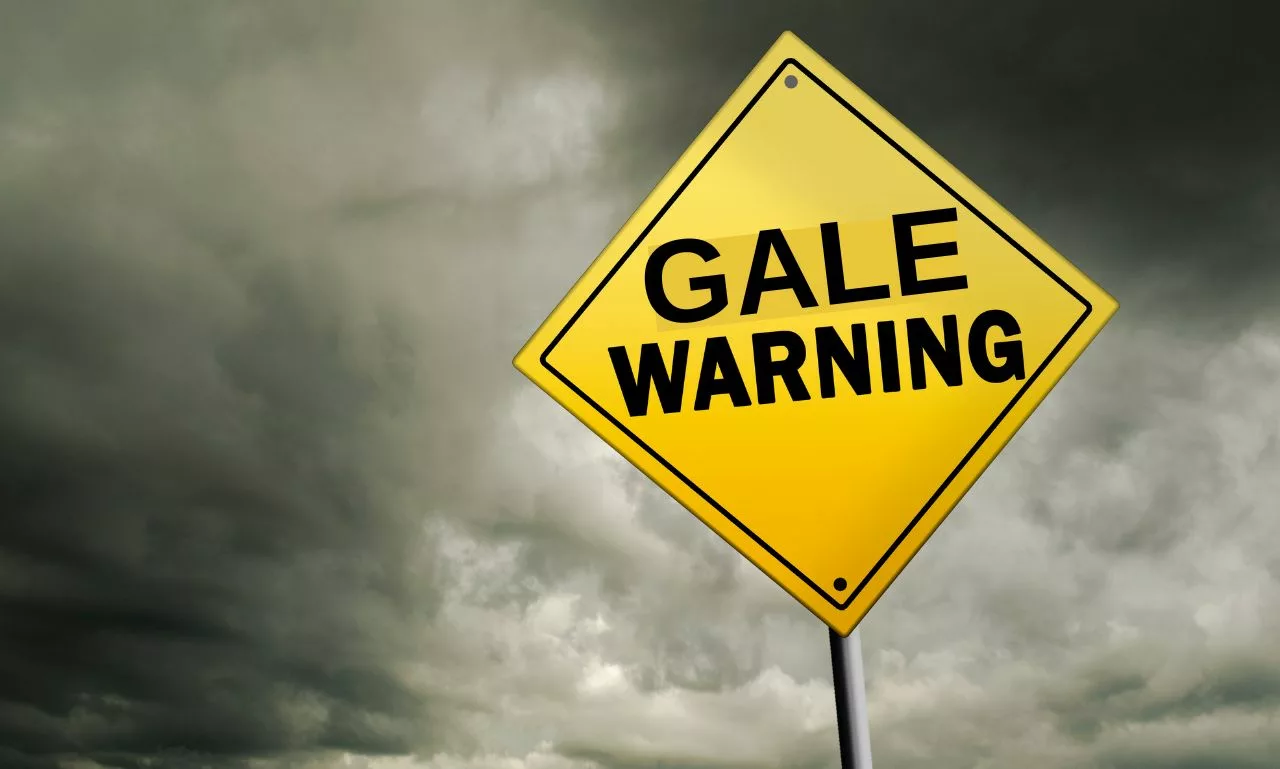When it comes to weather conditions, safety should always be a priority. Understanding the various weather warnings issued by meteorological agencies is crucial for making informed decisions and taking appropriate actions. One such warning that plays a significant role in maritime and coastal areas is the Gale Warning. In this article, we will delve into what a Gale Warning is, how it is issued, its significance, and the precautions individuals should take when a Gale Warning is in effect.
Table of Contents
What is a Gale Warning?
A Gale Warning is a weather advisory issued by meteorological agencies to alert mariners and coastal communities of potentially hazardous conditions involving strong winds and rough seas. It serves as an advanced warning to ensure the safety of individuals, ships, and structures located in areas prone to gale-force winds.
Gale Warning Criteria
The specific criteria for issuing a Gale Warning may vary depending on the region and the meteorological agency responsible for issuing the warning. Generally, a Gale Warning is issued when sustained winds of 34 to 47 knots (39 to 54 mph or 63 to 88 km/h) are expected. However, the criteria may differ slightly based on the geographic location and the nature of the forecasted weather system.
Issuance and Communication of Gale Warnings
Meteorological agencies, such as national weather services, use sophisticated weather forecasting models and data analysis to detect and predict the development of severe weather systems. When conditions are favorable for gale-force winds, the agencies issue Gale Warnings to the public through various means of communication.
- Maritime Communication: Gale Warnings are primarily disseminated to mariners through radio broadcasts, marine weather channels, and navigation safety systems. These warnings ensure that ships at sea are aware of the potential hazards and can take necessary precautions to safeguard the vessel, crew, and cargo.
- Coastal Communication: In coastal areas, Gale Warnings are communicated through various channels such as television, radio, online weather platforms, mobile apps, and emergency alert systems. Local authorities also play a crucial role in disseminating the information to residents, ensuring they have adequate time to prepare for the impending severe weather.
Significance of Gale Warnings
- Safety of Mariners: Gale Warnings are instrumental in ensuring the safety of mariners by providing them with crucial information about potentially dangerous weather conditions. Ships can alter their routes, seek shelter in harbors, or take other necessary precautions to minimize the risks associated with gale-force winds and rough seas.
- Coastal Community Preparedness: Gale Warnings allow coastal communities to prepare in advance for the impending severe weather. Residents can secure their property, take necessary precautions to protect themselves, and evacuate if required. The warning enables individuals to make informed decisions that may ultimately save lives.
- Economic Impact: Gale-force winds can have a significant economic impact, especially in regions heavily dependent on maritime activities. By issuing Gale Warnings, authorities provide businesses and industries with the opportunity to take proactive measures, such as delaying or rescheduling operations, minimizing financial losses, and ensuring the safety of employees.
Precautions during Gale Warnings
- Stay Informed: It is essential to stay updated on the latest weather forecasts and warnings issued by local authorities. Regularly check official weather websites, listen to radio broadcasts, and follow reliable meteorological sources on social media for accurate and timely information.
- Secure Outdoor Items: Secure or bring indoors any loose objects, such as patio furniture, garbage cans, or garden tools, that may be susceptible to strong winds. These items can become projectiles during gale-force winds, causing damage to property or posing a threat to individuals.
- Avoid Outdoor Activities: Refrain from engaging in outdoor activities, especially those that involve water, during Gale Warnings. Strong winds and rough seas can create hazardous conditions for boating, fishing, or other recreational activities. It is crucial to prioritize personal safety and avoid unnecessary risks.
- Prepare an Emergency Kit: As part of your preparedness efforts, assemble an emergency kit that includes essential supplies such as food, water, medications, flashlights, batteries, and a first aid kit. This kit should be readily accessible and contain enough provisions to sustain you and your family for several days if necessary.
Conclusion
Gale Warnings are vital tools in the realm of weather forecasting, providing advanced notice of potentially hazardous conditions involving gale-force winds and rough seas. By disseminating these warnings through various communication channels, meteorological agencies aim to protect mariners, coastal communities, and the economy at large. It is crucial for individuals to heed Gale Warnings, stay informed, and take necessary precautions to ensure personal safety and minimize the risks associated with severe weather conditions.
